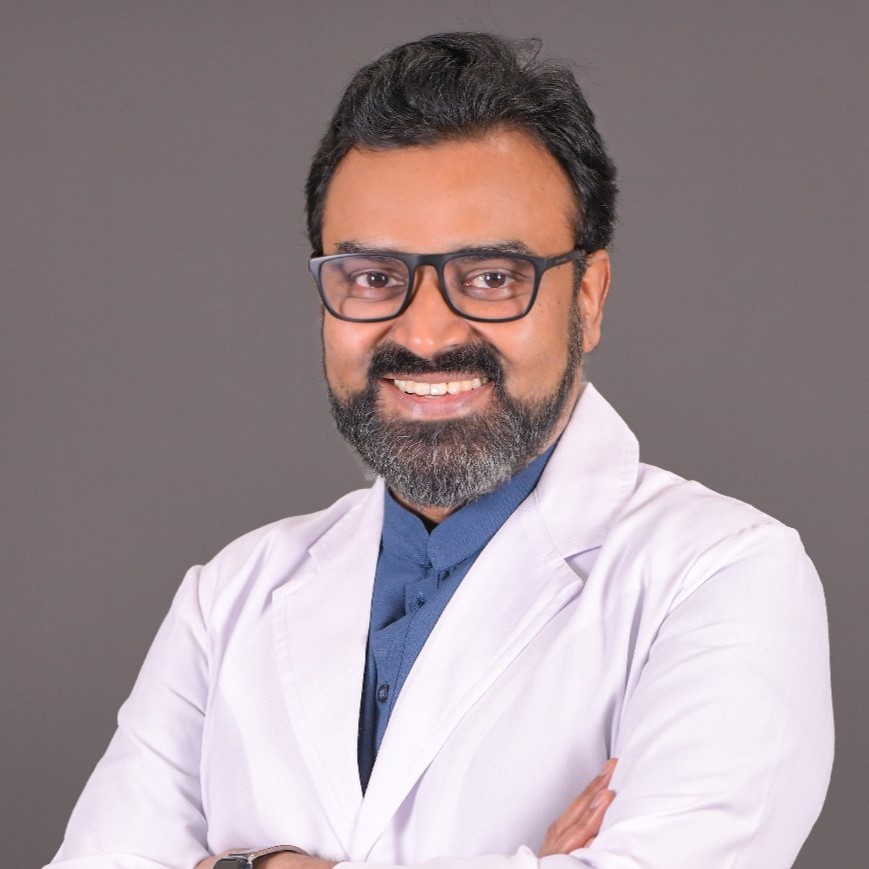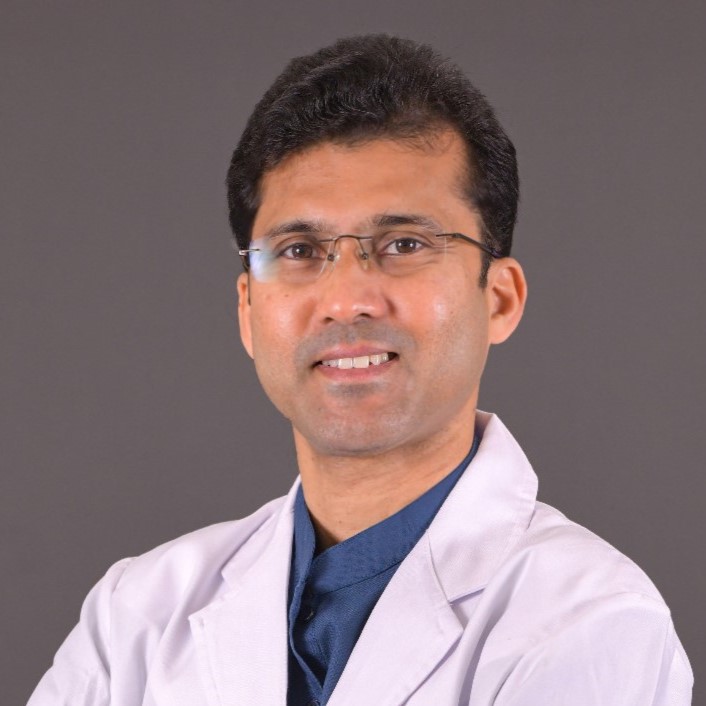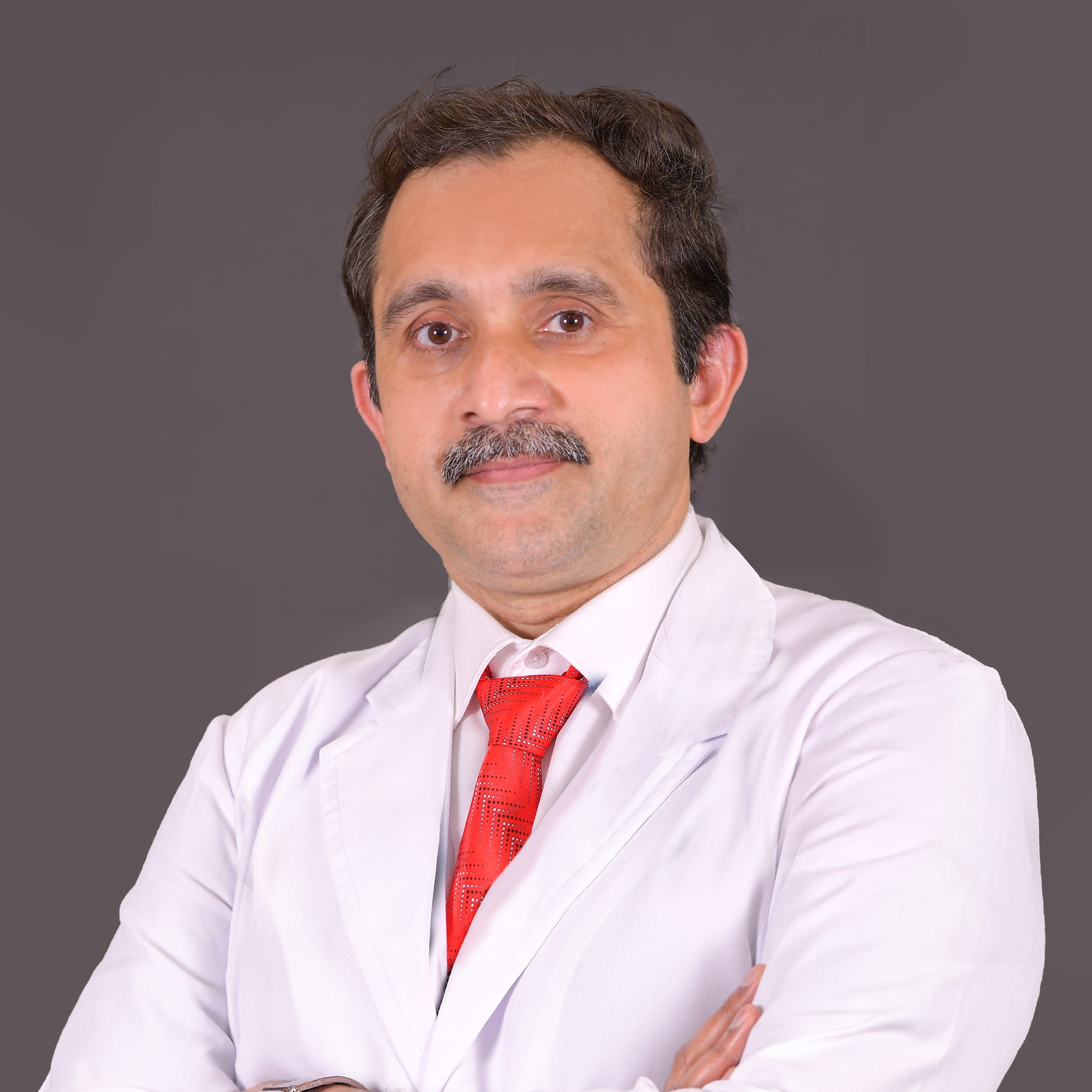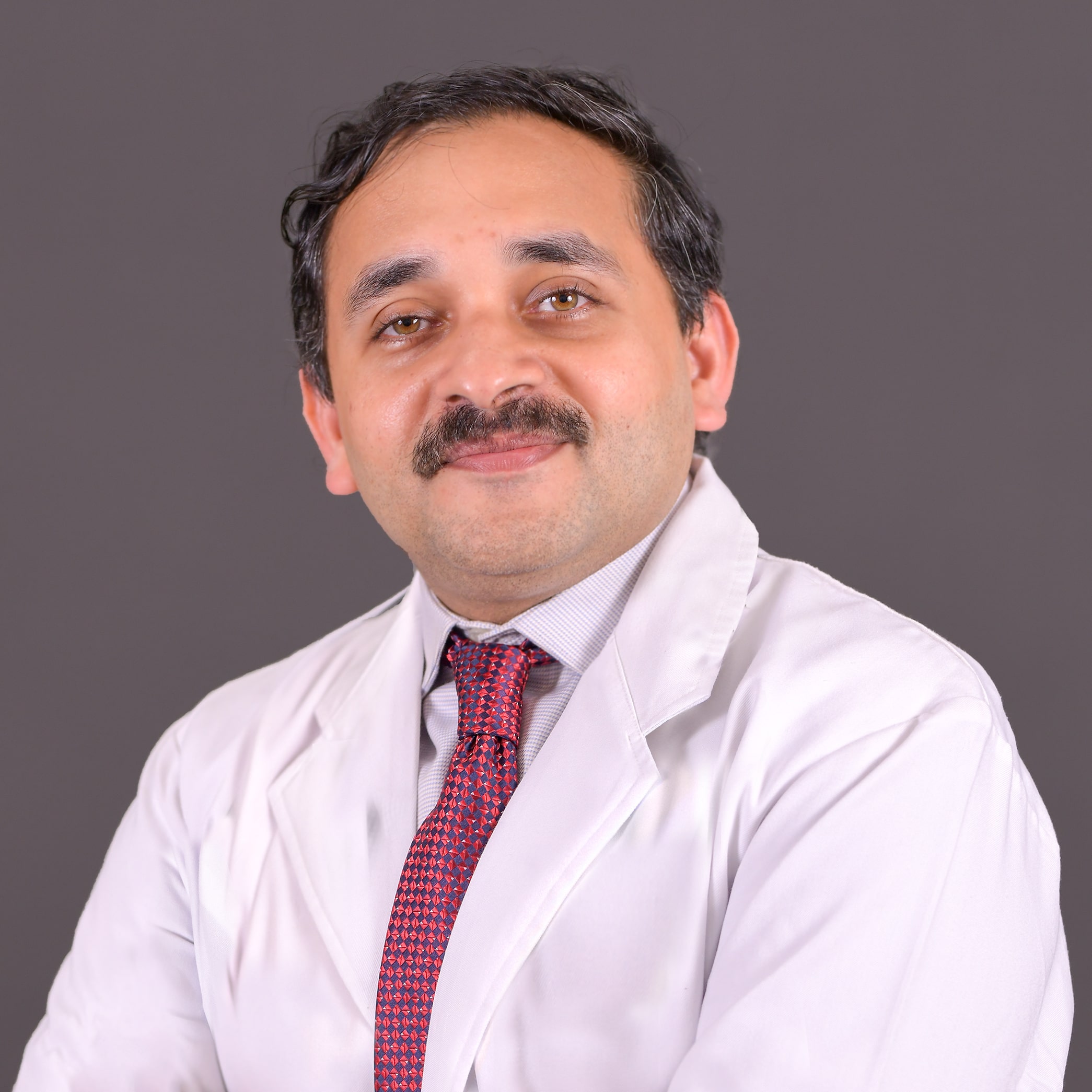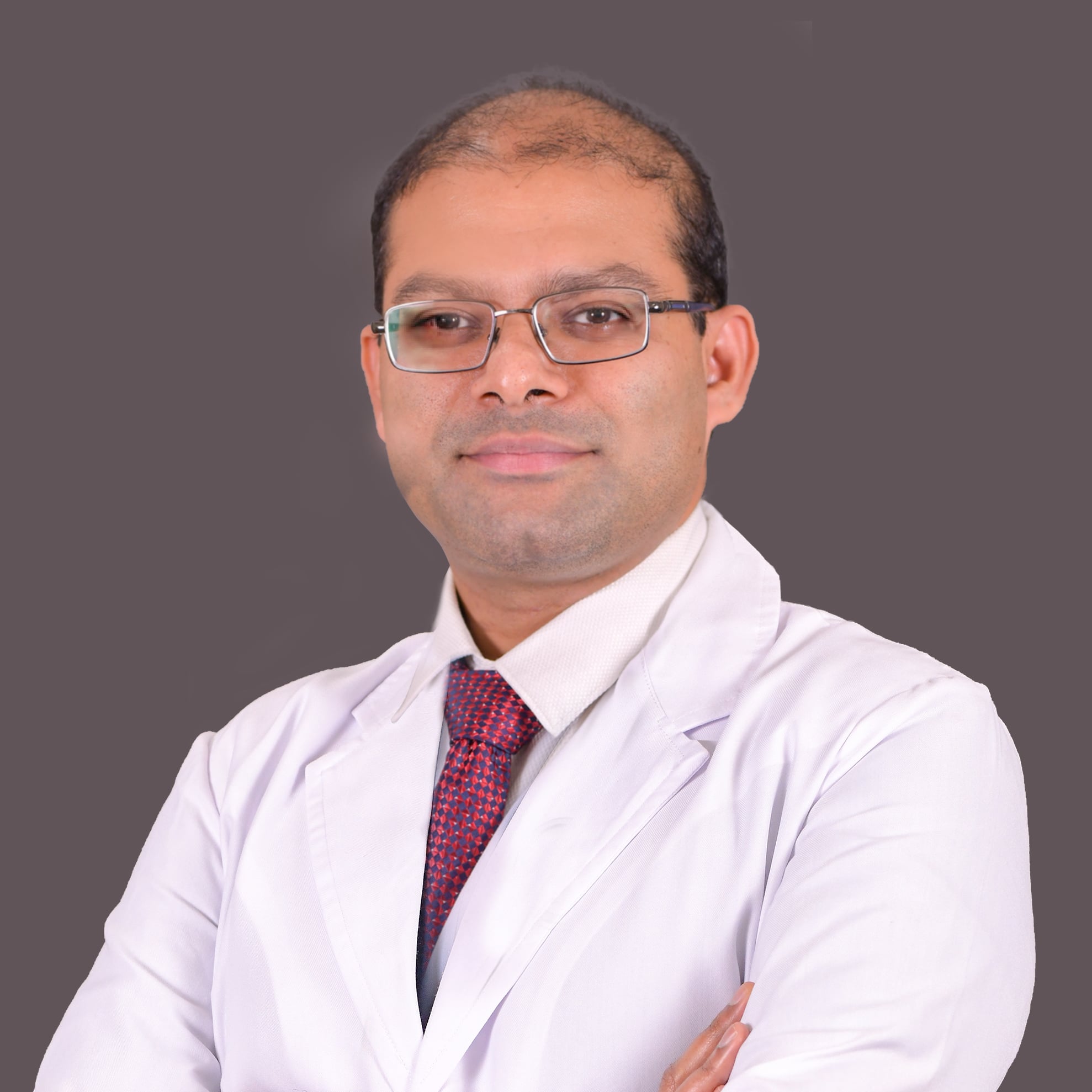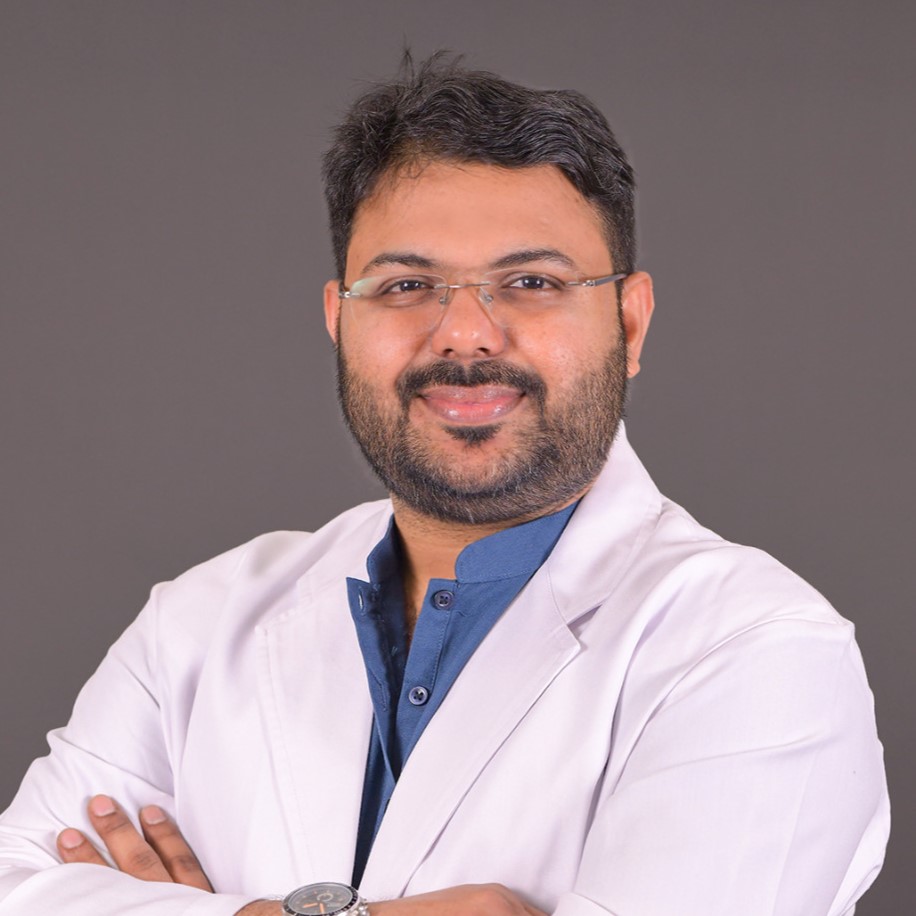- Our Doctors
- Our Specialities
Centres of Excellence
-
 Centre for Blood Diseases, BMT & Cancer Immunotherapy
Centre for Blood Diseases, BMT & Cancer Immunotherapy -
 Centre for Bone, Joint & Spine
Centre for Bone, Joint & Spine -
 Centre for Critical Care Medicine and ECMO Services
Centre for Critical Care Medicine and ECMO Services -
 Centre for Gastrosciences
Centre for Gastrosciences -
 Centre for Heart & Vascular Care
Centre for Heart & Vascular Care -
 Centre for Nephro-Urosciences
Centre for Nephro-Urosciences -
 Centre for Neurosciences
Centre for Neurosciences -
 Centre for Obstetrics and Gynaecology
Centre for Obstetrics and Gynaecology -
 Centre for Organ Transplantation
Centre for Organ Transplantation
Super Speciality
-
 Advanced Diagnostic and Interventional Radiology
Advanced Diagnostic and Interventional Radiology -
 Anesthesiology & Pain Management
Anesthesiology & Pain Management -
 Clinical Nutrition and Dietetics
Clinical Nutrition and Dietetics -
 Dental and Maxillofacial Surgery
Dental and Maxillofacial Surgery -
 Dermatology
Dermatology -
 Emergency and Trauma
Emergency and Trauma -
 Endocrinology and Metabolic Disease
Endocrinology and Metabolic Disease -
 ENT and Head & Neck Surgery
ENT and Head & Neck Surgery -
 Family Medicine
Family Medicine -
 General and Laparoscopic Surgery
General and Laparoscopic Surgery -
 General Medicine
General Medicine -
 Laboratory Medicine
Laboratory Medicine
-
- Key Procedures
- Our Hospitals
- International Patient
- Contact us
-
Quick Links

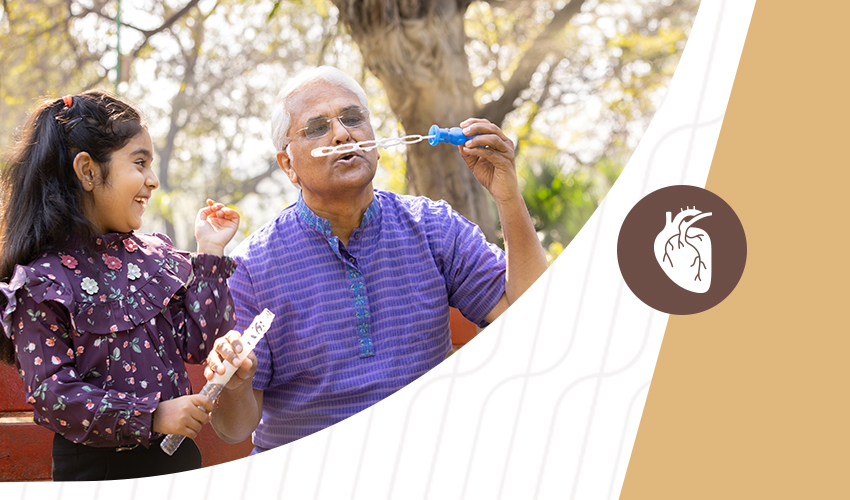
Angioplasty
Percutaneous transluminal angioplasty (PTA) is a minimally invasive endovascular procedure used to widen narrowed or obstructed arteries or veins, typically to treat arterial atherosclerosis. It is the surgical repair or unblocking of a blood vessel, especially a coronary artery.
How and why is it done?
The term "angioplasty" refers to using a balloon to stretch open a narrowed or blocked artery. Minimally invasive procedures for angioplasty also involve inserting a short wire-mesh tube, called a stent, into the artery during the procedure. The stent is left in place permanently to allow blood to flow more freely. It is also an emergency procedure to restore normal circulation in case of a heart attack.
Angioplasty is also used in other parts of the body that have narrow or blocked arteries, such as the neck, arms, legs, kidneys, and pelvis. Angioplasty allows more blood to get through an artery that’s too narrow or blocked with plaque. This means the organ that the artery reaches will get a better supply of blood after angioplasty.
എന്താണ് പ്രൈമറി ആൻജിയോപ്ലാസ്റ്റി? | What is a Primary Angioplasty? | Dr. Jomy V Jose
Meet Our Doctors
Experienced Medical professionals for a superior patient experience.
Frequently Asked Questions
How long do you need to be on blood thinners after a stent?
It has been common practice for patients who have had a stent placed to clear a blocked artery to take an anti-clotting drug plus aspirin for 12 months after the procedure. Taking these two medications, called dual antiplatelet therapy, reduces the risk of forming blood clots.
How long will a stent last?
It is permanent. There is just a 2–3 per cent risk of narrowing coming back, and if that happens it is usually within 6–9 months. If it does, it can potentially be treated with another stent.
How many days rest after angioplasty?
For the first five days, do only light activities. Walking, climbing stairs and taking care of routine activities are usually fine. After five days, your doctor will likely say you can resume moderate activities, but you should avoid over-exertion that leads to shortness of breath, tiredness, or chest pain.

 +91 9393 108 108
+91 9393 108 108











































